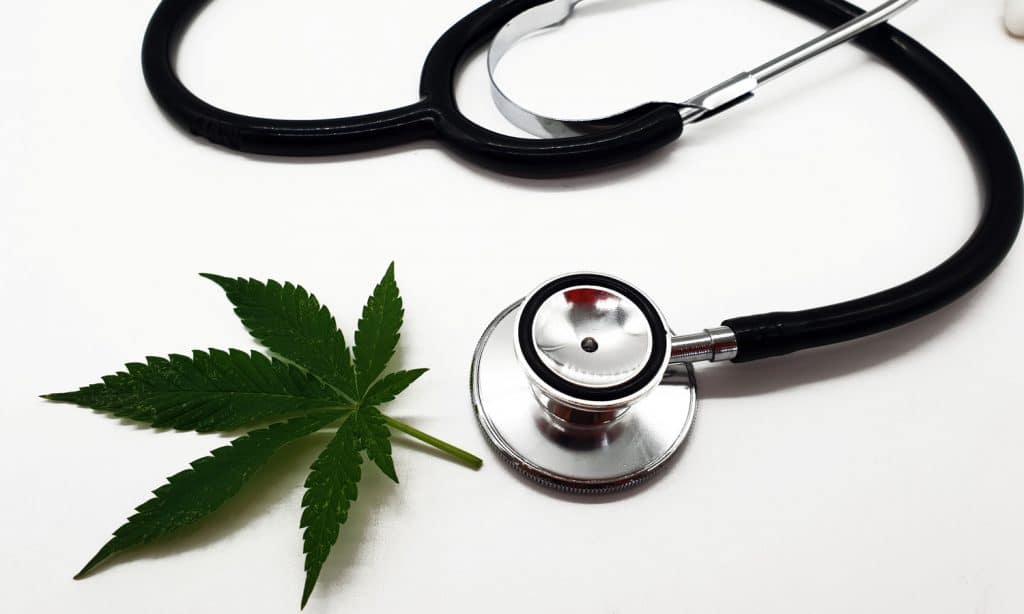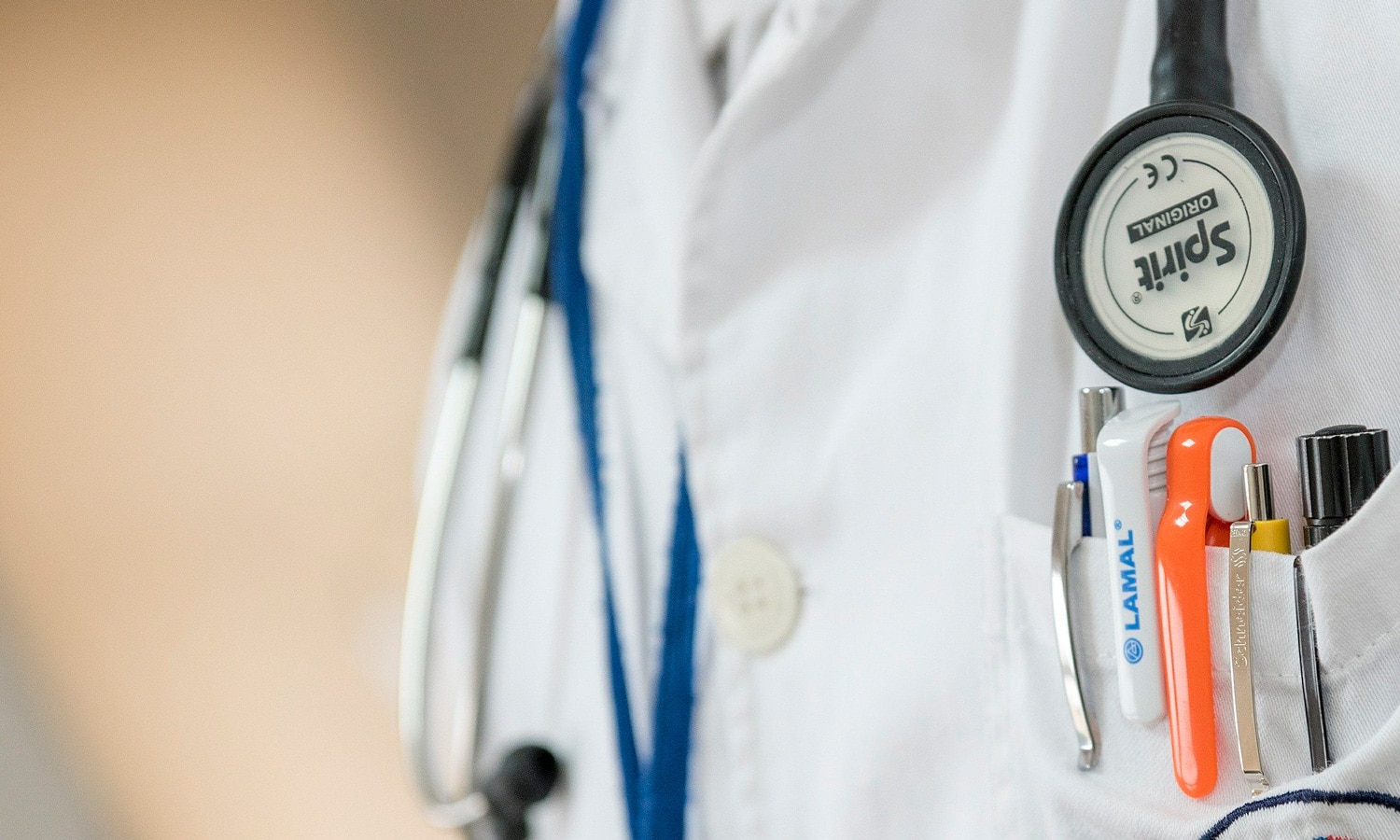“I help patients integrate medical cannabis in the context of a full-scope general and holistic medical practice. CBD is an empowering medicine.”
With over a decade of experience practicing medicine in California, Dr. June Chin has focused her life’s work on educating people and healthcare workers about cannabis and fighting stigmas associated with the medicine.
A Bronx native, who moved back to New York several years ago, Dr. Chin is now registered with the New York State Medical Cannabis Program. She is currently treating both children and adults in New York and is with AskCMD.com, a personalized CBD service.
Sitting down with The Fresh Toast recently, Dr. Chin shared her roadmap in discussing the importance of cannabis with other health practitioners and what she wished other doctors knew.
Q: What is it that you’d like other physicians to know?
A: We often get locked into this one-size-fits-all thinking. There is no one-size-fits-all when it comes to working with plant medicine like cannabis. In medical school, there is a “this is how we’ve always done it” syndrome. That is the conventional, allopathic medicine model. Throughout medicine’s most recent history, we’ve pretty much followed one rule of thinking when it comes to treatment — have a disease, take a pill, kill something. Researchers have shown that pure, single-molecule CBD, while effective at precise high doses in some cases, has a much tighter therapeutic window and is much less potent than whole plant CBD-rich extracts. There are synergistic effects of the complex compounds found in plants. When you isolate one of those compounds and take it pure form, not only you may not get al the benefits, but you are increasing risk by taking them out of context.
RELATED: A Doctor And Chronic Pain Survivor Talks About The Benefits Of Cannabis
We need more research, but the research needs to focus on the fundamental understanding of what is going on with the whole plant and not selecting out individual molecules like we know what we are doing. Again, we are looking at this field from a “disease-target-kill model”. Allopathic medicine takes the reductive approach. We are separating disease into its parts, element by element, component, and subpart, and then used drugs to attack these separate targets. CBD is part of a whole plant. There’s a whole universe of regenerative medicine, nutritional medicine, preventative and integrative medicine. Cannabinoid science and the push for cannabis legalization is teaching us a vital lesson. It is reframing our thinking about medicine and healthcare. And it raises some of the most critical questions about how we think about medicine in the future.

Can you share a bit more on why cannabis matters in medicine?
Over the last 15 years, my medical cannabis career has been based on anecdotal and clinically applied evidence. I help patients integrate medical cannabis in the context of a full-scope general and holistic medical practice. CBD is an empowering medicine. The cannabis plant is unique. There is no precedent, no other drug in the world that we are using recreationally and medicinally for therapeutic uses. The historical record of safe use is unparalleled. When patients come to my clinic asking about integrating CBD medication into their health and wellness routine, I evaluate everything from prescription medications, recent blood work, imaging, and take a full history and physical exam. I perform medical cannabis evaluations in the context of a full-scope general and holistic medical practice.
RELATED: Cancer And Medical Marijuana: A Patient’s Perspective
There is a reason why we say “start low and go slow.” It is helpful for patients to work with healthcare providers and to keep track of their symptoms in a journal. The goal is to find their optimal therapeutic dosage through a gradual micro-dosed titration. The right dose gives you the effect you want, using the lowest possible amount. Dosage is the key factor in achieving the most benefits and least adverse effects of cannabis.
Where’s the future of cannabis going and what should doctors know?
Cannabinoid medicine disrupts conventional western medicine as we know it. It raises a series of questions about how we think about medicine in the future. What if we reorganized our approach?
The future is preventative medicine. There’s a whole universe of regenerative medicine, nutritional medicine, preventative medicine which entails a model of creating health from the ground up. The medical cannabis movement should be a wake-up call to the health care system. It is teaching us all to rethink medicine and explore new ways we can treat and heal from disease and even prevent disease altogether.


